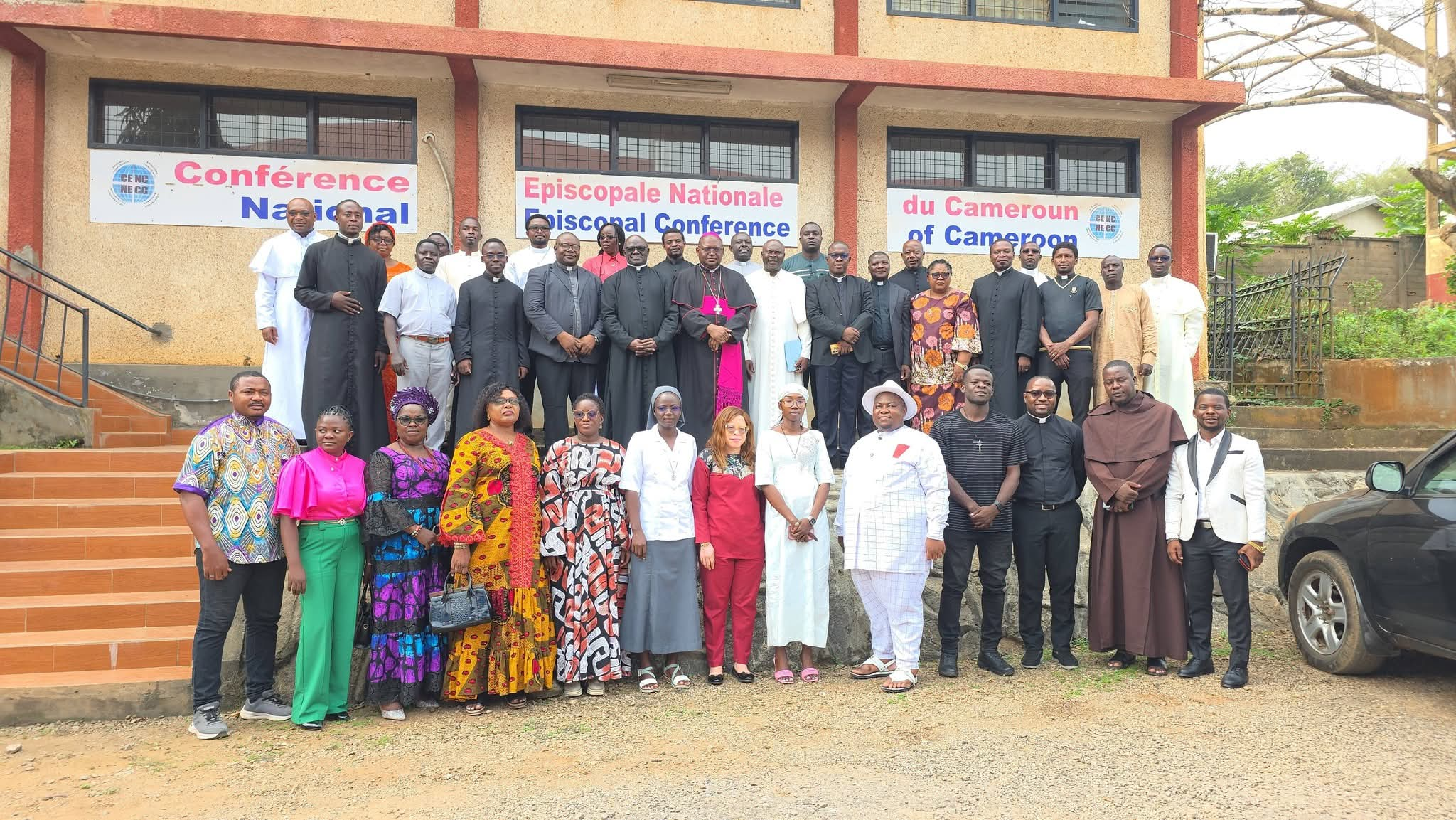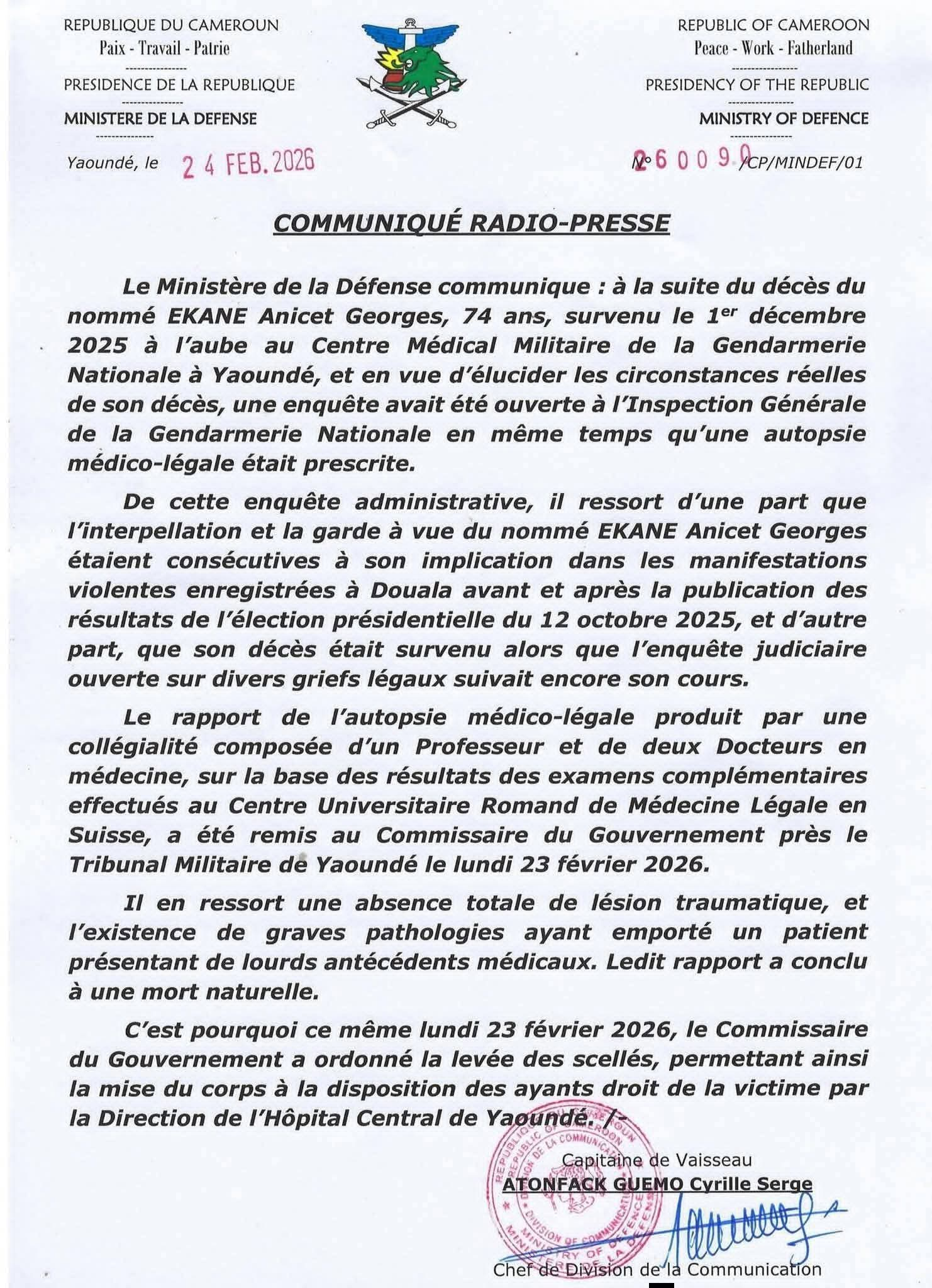The support by the German government for projects aimed at encouraging Ghanaian companies to use solar energy and promote sustainable energy solutions as a feasible alternative to conventional power generation in Ghana is one of the trending stories in the Ghanaian press on Wednesday.The Graphic reports that the German government is supporting a project aimed at encouraging Ghanaian companies to use solar energy and promote sustainable energy solutions as a feasible alternative to conventional power generation in Ghana.
Dubbed “Project Development Programme (PDP)” it is being implemented by the Deutsche Gesellschaft für Internationale Zusammenarbeit (GIZ) as part of the German Energy Solution Initiative of the German Ministry of Economic Affairs and Climate Action and it is being undertaken in some selected developing and emerging countries.
Under the PDP, Germany, which is a pioneer of climate-friendly energy solutions, is supporting Ghana and the other beneficiary countries to incorporate renewables and energy efficiency incentives into the country’s energy mix.
This was made known yesterday during the opening of the week’s training in Accra for selected stakeholders who would participate in the project in Ghana.
The 40 participants included electrical engineers from solar companies, engineering students, representatives of financial institutions providing green financing, lawyers, distribution and marketing companies.
The training is aimed at equipping local companies with practical experience and linking them with German experts from the solar industry.
It is to offer the participants the opportunity to strengthen project development skills of local practitioners and to establish long-term partnerships with highly qualified German companies in the solar industry.
A lead trainer from PiBerlin, the lenders technical advisor for the project, Craig Wong, said in Ghana the initial stages of the project would focus on simple solutions designed to work anywhere such as putting solar solutions on rooftops of commercial and industrial buildings to help reduce energy cost.
The newspaper says that Dellino Exclusive, a Ghanaian firm engaged in interior solutions, is partnering with some 17 Spanish companies to begin the production of European standard interior products and accessories locally in the next four years.
The partnership will help to build local capacity, and offer quality interior solutions that can compete with the influx of inferior substitutes in the Ghanaian and African market.
A modern showroom intended to serve as a host for products and solutions from all the 17 Spanish companies has been established at East Legon in the Greater Accra Region, towards that.
Dellino Exclusive is a multi-brand interior solution company and a sole distributor for European luxury brands and manufacturers across Africa.
Inaugurating the three-storey infrastructure in Accra last Friday, the Chief Executive Officer (CEO) of Dellino Exclusive, Edmund Nminyem Delle Jr, said the interior solution firm has nurtured a clear plan to support the country’s industrialisation efforts.
He explained that the companies would initially import the products and wares from their manufacturing hub in Spain, but would start producing locally in the next 48 months.
Already, he said, discussions with relevant stakeholders were underway to establish a manufacturing facility in Ghana to produce locally.
“We also want to establish workshops locally to help improve the skills of Ghanaian artisans to global standards.
The challenge in Ghana is not the raw materials for the products, but skilled personnel,” he said.
The Ghanaian Times reports that the government and the Ghana Association of Banks (GAB) have made significant progress on the terms for the participation of banks in the Domestic Debt Exchange Programme (DDEP), the Ministry of Finance has said.
A statement issued by the Finance Ministry in Accra yesterday said, “This agreement encompasses final improvements to the terms of the DDEP, namely an agreement to pay five per cent coupon for 2023 and a single coupon rate for each of the 12 new bonds resulting in an effective coupon rate of nine per cent”.
The second one was the clarity on the operational framework and terms of access to the Ghana Financial Stability Fund (GFSF).
The third also was the removal or amendment of all clauses in the Exchange Memorandum that empowers the Republic to, at its sole discretion, vary the terms of the Exchange.
“The GAB recognises the progress made and notes that participation of its member banks in the DDEP, per the new terms, is subject to each individual bank’s internal governance and approval processes but, in any case, not later than January 30, 2023,” the statement said.
The newspaper says that Africa Street MBA Accelerator programme, aimed to provide an integrated, regional support for start-ups and small businesses in the country was yesterday launched in Accra by a management consultancy and investment firm, DONE BY US.
The programme, which is in collaboration with KGL Foundation seeks to impact young people with world-class business knowledge based on top MBA curriculum and entrepreneurial course content.
It is targeted at marginalised groups (women, people from poor backgrounds, and people with low education) with innovative business ideas or already established businesses.
The founder of DONE BY US, Mr King Awudu Wellington, in an address said the programme would help reduce high start-up failure rate in the country and by exten¬sion the Africa continent.
He said it would also provide a platform for deprived young people from poor background and with low education but with bright ideas and existing businesses to also benefit from a world-class business development programme.
“Most often, a young lady from the street of Tatale Sanguli or a young gentlemen from the street of Awutu/Senya Breku does not get the opportunity to benefit from business development programmes and build world-class businesses.
It is for this reason that the Africa Street MBA has been developed to impact young people with world-class business knowledge based on top MBA curriculum and entrepreneurial course content,” he added.
Mr Wellington said the Africa Street MBA had been designed to bridge the business knowledge gap and help young people from poor backgrounds, and with low education to have opportunity to build world-class enterprises.
The Chief Executive Officer of Ghana Enterprises Agency (GEA), Mrs Kosi Yankey-Ayeh, who was the guest speaker in a speech read on her behalf said to achieve rapid economic development; the Private Sector could not be sidelined, rather made robust to support economic growth and development.
“If our Micro, Small and Medium Enterprises (MSMEs) become more robust, they will contribute more to job creation and poverty reduction, and this will contribute extensively to the enhancement of the government revenue generation stream,” she added.
Nii Ankonu Annorbah-Sarpei, Programmes Manager, KGL Foundation, reiterated the foundation’s commitment to the socio-economic development of young people and Ghanaians in general.
He said KGL Foundation believed in youth development and empowerment which were vital to the attainment of national, sustainable and individual development.
Nii Annorbah-Sarpei expressed optimism that their partnership with DONE BY US would positively impact the lives of young people, specifically, women and people with low education from poor background and creates employment opportunities and support mechanisms for innovations and new businesses.




